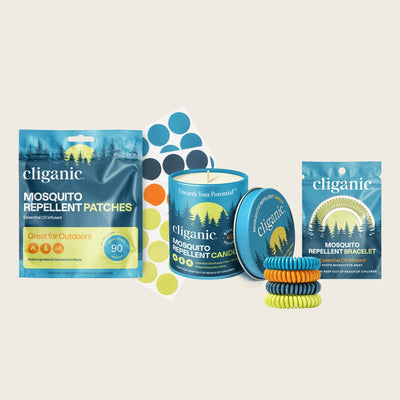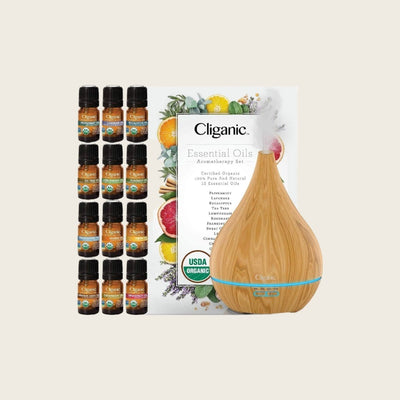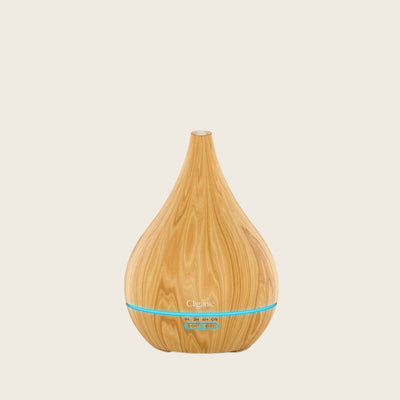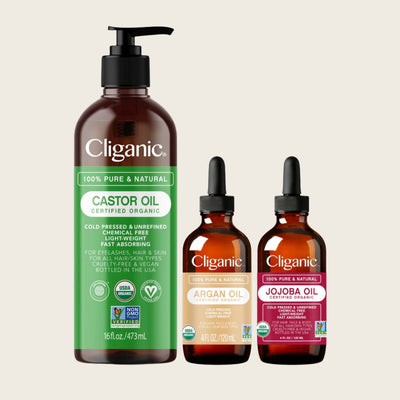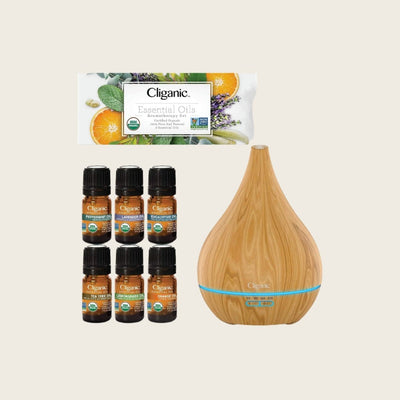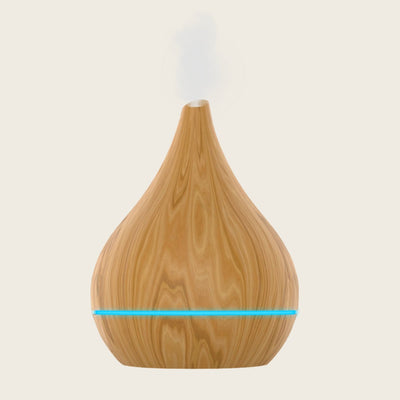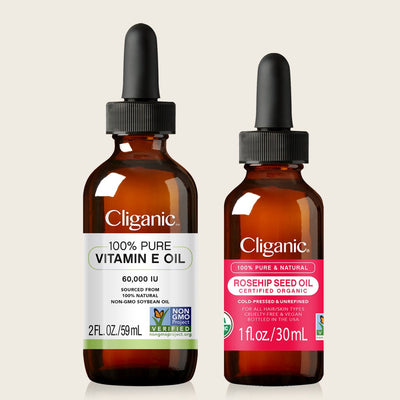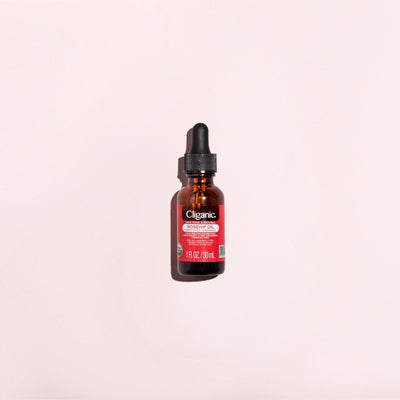
Your Guide to Using Essential Oils During Pregnancy
Pregnancy is a beautiful time for both mother and baby. But it is also a very delicate time. We know that everything a mother eats and uses on her body can get passed along to her developing baby. So we want to make sure that everything she uses is free from potentially concerning ingredients. Our main goal is always to support the health and developing baby in body, mind and spirit.
Using natural whole plant ingredients certainly makes the most sense, especially when considering the food a mother chooses to eat during her pregnancy. So why not also consider choosing more natural, plant based ingredients in the mother’s skincare products - like food, they also are absorbed into the mother’s bloodstream and can affect the baby’s development.
100% pure and authentic essential oils can provide many soothing benefits for the pregnant mother. But they must be used carefully. Just because all authentic and genuine essential oils are extracted directly from plants doesn’t immediately suggest that they are safe to use.

Understanding the research and guidelines about which essential oils to use and which essential oils to avoid is very important during pregnancy, that’s why it's highly recommended to get support from a certified aroma therapist who has qualified training. Other resources are aromatherapy schools, and books by professionals in the world of essential oils, like this one.
Although all pregnant mothers should be careful when using essential oils during pregnancy, if used correctly essential oils can provide great relief from many of the physical symptoms of pregnancy and also support the mother’s emotional wellbeing.
Here are a few of the ways essential oils can support a pregnant mother:
- Morning sickness
- Anxiety relief
- Skincare
- Muscles soreness
- Sleep issues
- Balance emotions
- Reduce puffiness
- Replace synthetic cleaning products with more plant based (essential oils) ingredients
But before you start using essential oils while pregnant, here are some important guidelines to follow to make sure you are using essential oils safely.
Essential Oils and Pregnancy: A Guide for Safe Use
1. Get Professional GuidanceAnd when it comes to using essential oils, which are the very concentrated potent aromatic extracts from aromatic plants, it's probably best to make sure that you are receiving qualified information from a trained and vetted professional, who has experience working with essential oils and pregnancy.
Pregnancy is a very exciting and powerful time for a mother. Everything she does, from exercise, sleep, diet and skincare can potentially affect her developing child, so it is very important that she become more aware of her daily habits and practices. During pregnancy, many mothers tend to lean harder on their doctors, midwives and doulas to offer advice and guidance.Also Read : How to Use Essential Oils
You can easily find a certified aromatherapist in your area by looking in professional directories of qualified practitioners that are organized by professional aromatherapy associations like NAHA and AIA.
2. Less is More
The mother’s body is going through many changes during pregnancy, and her body intuitively knows how to find its balance. Knowing this, we want to make sure that we don’t introduce anything that might disrupt the natural course of pregnancy, but instead ingest foods, and engage in activities that only support her.
This means whatever we choose to do, whether it be yoga, massage, topical remedies and medications - the mother opts for using and doing less, rather than more.
Essential oils can be very safe if used sparingly and at lower dilutions. Mothers-to-be should focus on smelling the oils, and when using them topically try only using 6-8 drops per 1 oz of carrier.
3. Use only 100% genuine and authentic essential oils
Since the mother’s body is more sensitive during pregnancy, and everything that she eats and puts on her skin can be passed along to the developing baby, it is very important that she chooses only pure ingredients.
Make sure that you always read labels carefully, and trust the brands, companies and direct sources that you buy from. If the label confuses you, contact the supplier and ask if the ingredients are 100% plant derived and if there had been any extra processing.. Familiarize yourself with how essential oils and other ingredients are grown and extracted, so you can feel more confident choosing the right products.
4. First Trimester Considerations
Always be more careful during the first trimester of pregnancy. This is the most delicate time for both the mother and the developing baby, so we want to pay special attention to what we eat, put on our bodies, and how we move and feel.
It’s recommended that during this time, mothers-to-be avoid using essential oils topically, and instead find ways to just smell them, and experience the many benefits that the sense of smell can improve well-being. Personal inhalers, roll-on bottles and intermittent active diffusing and passive diffusing are some of the best ways to enjoy the aroma therapeuticbenefits of essential oils during the first trimester.
5. Avoid these essential oils throughout pregnancy
Here is a list of essential oils that should be avoided throughout pregnancy:
-
Wintergreen
- Birch
- Oregano
- Cinnamon Leaf and Bark
- Clove
- Sage
- Thyme
- Tarragon
- Rue
- Wormwood
- Mugwort
- Thuja
- Anise
- Anise Seed
- Fennel Seed
- Basil
Pregnancy is a beautiful time for both mother and baby. Essential oils and Aromatherapy can offer tremendous benefits if used mindfully. These guidelines should help answer your questions and give you some directions about how to use essential oils safely so mothers-to-be can reap the benefits.




